Search Results
Search
Filter results
Advanced Filters
Your search returned 45 Solutions
-
Towards a global voluntary framework for accessible tourism
The aim of the project is the creation of a global standard for accessible tourism. This includes a systematic inventory of technical criteria, recommendations and requirements within the tourism industry and also includes measures relating to such aspects as travel planning, information and communication.
ONCE Foundation, Spain – UNWTO, Fundación ONCE and ISO – ISO 21902, a global standard for Accessible Tourism for Everyone, Spain -
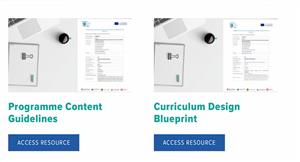
European university alliance fostering inclusion by sharing tools and good practices
CHARM-EU Alliance: Enhances European higher education inclusiveness and mobility. Focuses on creating inclusive environments and removing barriers. Provides free tools benefiting students, staff, and stakeholders worldwide.
CHARM-EU, Spain -
Free personal assistance proves cost-effective
The services provided are designed to be sufficient to fully support all areas of the participants’ lives, covering self-care, household care, study, work, mobility, leisure, travel, etc. on a 365-days-a-year basis. A study showed that for every €100 of public funds invested €91.64 is returned to the government via work and taxes.
ASPAYM - Association of Paraplegics and Persons with Severe Physical Disability Madrid, Spain -
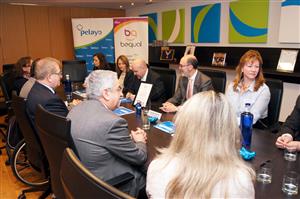
A voluntary certificate for organizations willing to commit to CSR and disability
CSR-D is the first certificate on disability endorsed by people with disabilities themselves. The certificate is structured in 7 categories with 19 indicators. Employment of people with disabilities is a central element. 2012 to 2016 nine external auditors with disabilities were licensed and 134 companies were certified.
Bequal Foundation, Bequal Certificate on Corporate Social Responsibility and Disability (CSR-D), Spain -
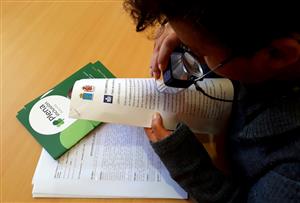
Court verdicts and summonses in easy language
The Family Court in Oviedo was among the first in Europe to draft copies of verdicts and summonses in easy language for persons with intellectual disabilities. Following a successful pilot, an agreement has been reached to extend the system to all 27 courts in the province. As of late 2017, about 30 documents had been converted.
Plena Inclusión Asturias, Tribunal Superior de Justicia de Asturias and the Government of the Principality of Asturias, Spain -
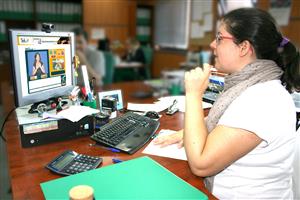
A 24-hour sign language interpretation service via video call
SVIsual is a free 24-hour video interpreting service that allows deaf people to communicate with hearing people, launched by Fundación CNSE and the National Association of the Deaf. Users communicate through the service via sign language, and lip reading and text chat are also available.
CNSE Foundation, SVIsual, Spain -
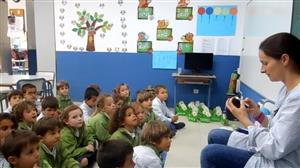
Noise-free school model inclusive of students with hearing impairments
Classrooms at Tres Olivos School are built with sound-absorbing materials and equipped with sound-level meters. The school has 98 teachers (including seven speech therapists and two deaf teachers) and 1,100 students who are educated from early childhood to high school and also in two vocational trainings.
Dales la Palabra Foundation, Tres Olivos School, Spain -
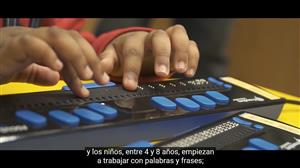
A tool to teach blind children how to read and write by using Braille
Braitico teaches children the use of Braille in a fun and simple way. Therefore it uses an accessible app along with a combination of learning tools, such as stories and games. The programme uses a step-by-step approach right from infancy up to 12 years. Between 2017 and 2019, 106 children have used Braitico.
ONCE Foundation, Braitico (Braille learning tool), Spain -
Interactive website designed to help persons with disabilities and the elderly identify mobile devices that fit their needs and preferences, and enhance their access to ICT and participation in society.
Amóvil aims to help persons with special needs identify mobile devices that are compatible with available assistive technologies and that suit their preferences and needs. It is an interactive website that also offers information on mobile applications that comply with Universal Accessibility and Design for All requirements.
ONCE Foundation, Finding compatible and accessible mobile devices, Spain -
Raising Awareness on the Right to Vote
The Mi Voto Cuenta ("My Vote Counts") campaign raises awareness by informing people with disabilities about electoral processes and about how to regain their right to vote. The campaign also reaches out to political parties and the legal system to arrange meetings with political groups in all communities of Spain.
Plena Inclusion Spain, Mi Voto Cuenta, Spain